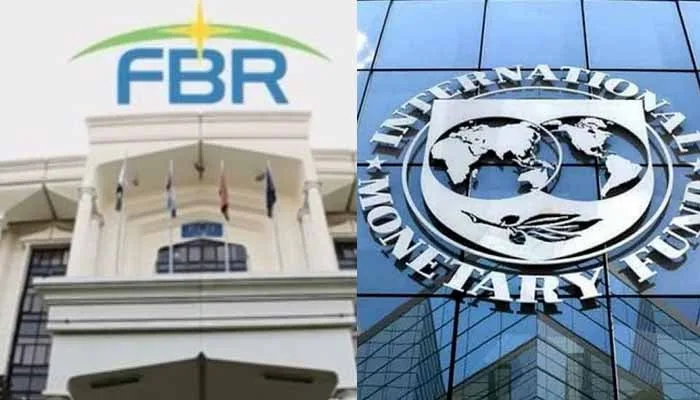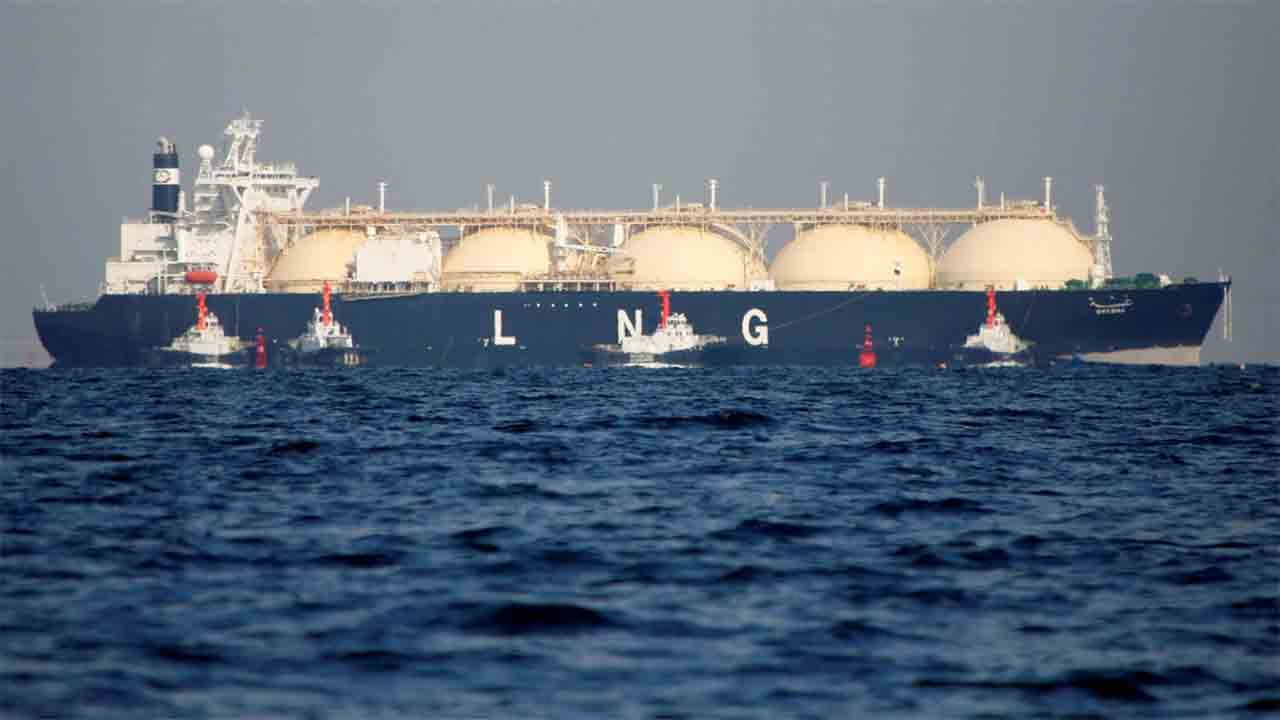Federal Minister for Planning, Development, and Special Initiatives, Ahsan Iqbal, expressed optimism on Monday, projecting that Pakistan’s economy could reach an annual volume of $3 trillion, placing the country among the top 10 global economies by the centennial of its independence in 2047.
Speaking at the ‘Data Fest 2024,’ organized by the Pakistan Bureau of Statistics (PBS), Iqbal emphasized the importance of data-driven, knowledge-based economies in today’s world. He noted that data sets, integration, and Artificial Intelligence (AI) are critical for sustainable economic growth.
High-ranking officials, including Chairman NADRA Lieutenant General Muhammad Munir Afsar and PBS Chief Statistician Naeemul Zazfar, were present, along with other stakeholders from federal and provincial ministries.
Iqbal highlighted that the world is experiencing unprecedented changes driven by technological innovations, stressing that modern economic development is fueled by data science, analytics, and advanced technology. He underscored the need for reliable data as the foundation for economic theories and policy-making, and urged the government to ensure policy continuity for sustainable growth.
Reflecting on Pakistan’s Vision 2025, Iqbal said that the issues faced today, including energy and terrorism, were previously addressed in 2017-18, but the country has since regressed. He called for long-term, consistent policies to help Pakistan achieve its economic objectives, emphasizing the role of youth in leveraging data science to drive the economy forward.
Iqbal also pointed to positive economic indicators, such as reduced inflation and the potential of Pakistan’s youth to elevate the country’s standing globally. He praised Pakistan’s efforts in hosting the Shanghai Cooperation Organization (SCO) meeting, portraying a positive image of the nation.
Federal Secretary Owais Manzoor Samra and Chief Statistician Naeemul Zazfar reiterated the significance of data science for economic development, with Samra emphasizing data integration and visualization as the future for Pakistan’s sustainable growth.



